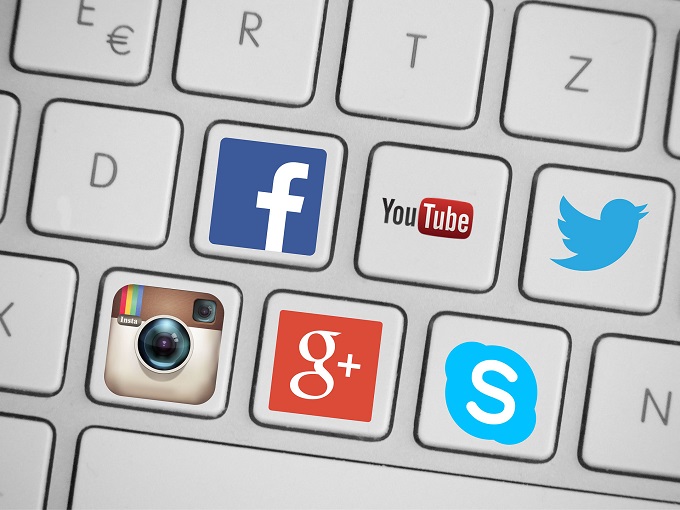What Not to Do on Social Media: Woman Live-Streams Herself While Driving Drunk in Florida
A Lakeland story involving a 23 year-old who live-streamed herself driving under the influence is making national headlines. On Saturday, the Lakeland Police Department received 911 calls about a possible drunk driver, Whitney Beall, using the social media App Periscope to broadcast herself. Periscope is a live video streaming platform and allows you to video-record and broadcast to anywhere across the world. Some viewers reached out to the driver, asking her to stop before she injured someone, including herself.
Beall repeated several times that she was “drunk”, “f-ing drunk”, and that she had a flat tire. Officers were able to identify Beall’s whereabouts from locations shown on her live video stream. She now faces DUI charges.
Beall’s arrest is part of a growing trend of law enforcement monitoring social media for people who may be violating the law. Police are now using social media more and more with respect to criminal cases. In fact, LexisNexis found that 4 out of 5 police officers say they rely on social media to aid in investigations.
Other ways police officers can use social media
Two of the most valuable ways police have found to use social media is increased speed of closing investigations and opening two-way communications with potential criminals. By paying attention to social media, police officers are able to quickly identify suspects when they post photos. Many law enforcement officials are using their social media pages to inform the public of up-to-date crime information to increase public safety and awareness. Some agencies ask for crime tips through social media.
However, one of the more advanced purposes of social media monitoring is crime anticipation. As indicated in the Beall story, officials were able to locate and arrest the 23 year-old before a serious accident or injury occurred resulting from her alleged intoxication. Other examples in which they can quickly respond include stopping active shooters, anticipating public protests, minimizing threats to students and to enforce outstanding arrest warrants.
Social media monitoring is effective for police officers because they can gather real-time information and prevent situations from escalating. Many criminals leave digital trails these days, which is why monitoring can shorten the length of investigations.
Be careful out there. If you have questions related to DUI in Florida, contact Olivero Law, P.A.


